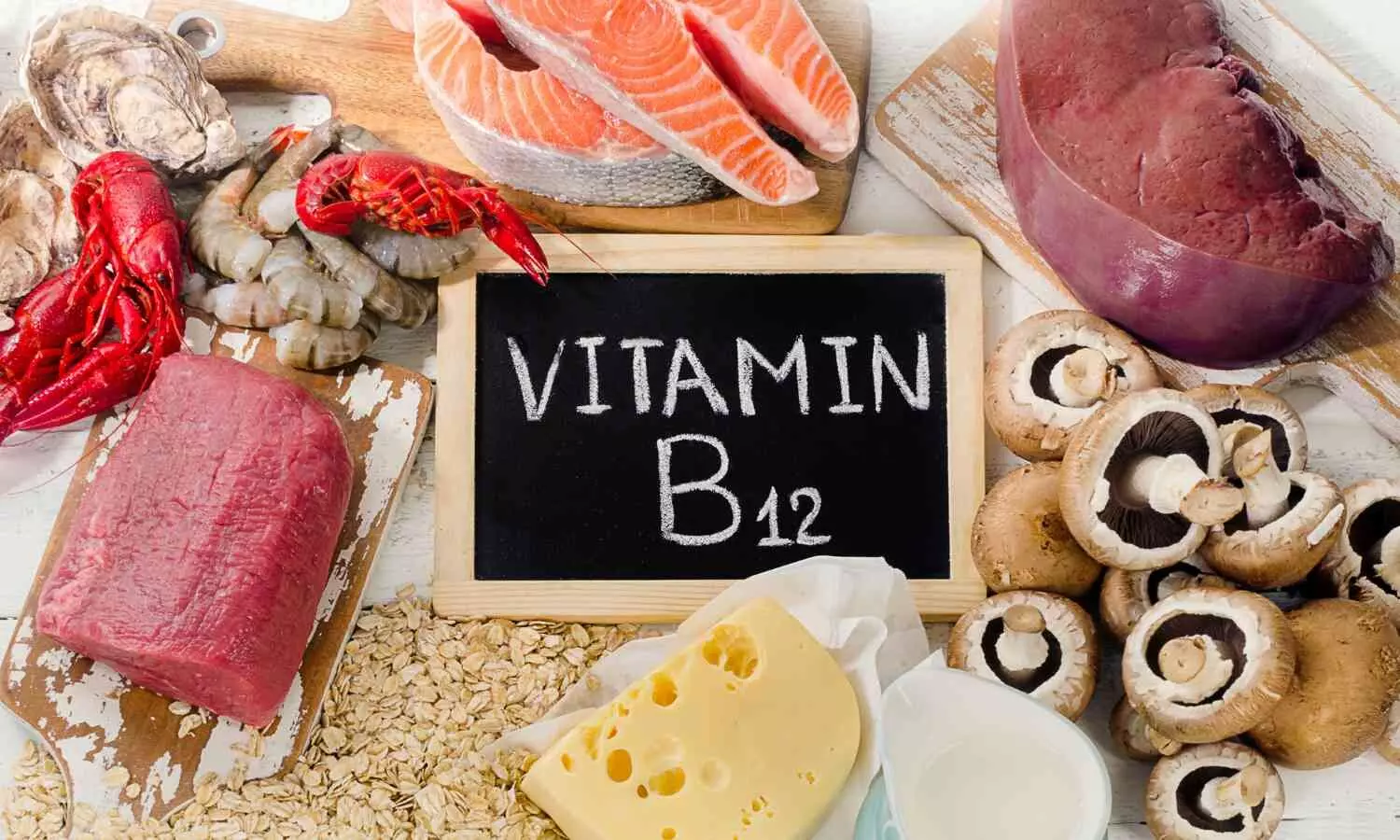Cyanocobalamin Safe; Vitamin B12 Deficiency May Affect Brain, Joints, and Skin Health

New Delhi: Amid growing concerns on social media about the safety of cyanocobalamin, a synthetic form of vitamin B12, medical experts have stepped forward to reassure the public about its safety and underscore the importance of maintaining adequate levels of this vital nutrient for brain, joint, and skin health.
A viral social media post recently claimed that cyanocobalamin, commonly used in vitamin B12 supplements, poses health risks due to its breakdown into cyanide—a toxic compound—and recommended switching to methylcobalamin, a natural form of the vitamin. The post sparked widespread alarm, especially in India, where vitamin B12 supplementation is common.
Cyanocobalamin is a stable, synthetic precursor of vitamin B12 and does contain a cyanide molecule. However, experts argue that the concern is unfounded. Dr. Rajeev Jayadevan, Chairman of the Scientific Committee at the Indian Medical Association (IMA) in Cochin, clarified that the trace amounts of cyanide released during the conversion process are negligible and pose no risk to human health when taken as recommended.
"The amount of cyanide generated is extremely small and is easily excreted by the body. It does not accumulate or cause harm," said Dr. Jayadevan. He added that trace cyanide is also naturally present in commonly consumed foods such as tapioca, flaxseed, and apples, which are safe for regular consumption.
While the social media post focused on potential risks, experts stressed that vitamin B12 deficiency is a far greater concern. Dr. M Wali, Senior Consultant at a leading city hospital, warned that B12 deficiency can lead to serious neurological complications, including dementia, nerve weakness, brain fog, and even paralysis. It may also contribute to joint pain and dermatological issues.
Vitamin B12, also known as cobalamin due to its cobalt content, plays a crucial role in red blood cell production, DNA synthesis, and maintaining the health of skin, hair, and nails. Since the human body cannot produce B12 on its own, it must be obtained from dietary sources such as meat, fish, eggs, and dairy, or through supplements.
Experts urge individuals not to avoid B12 supplements based on misinformation and to consult healthcare providers for guidance.


